Originally posted: Oct 28, 2015 8:14:38 AM / by Lee Ann Burdette
Lee Ann Burdette resides near Princeton, New Jersey, and she is a Beauty Guru in her own right- a Licensed Esthetician and Professional Makeup Artist, her passion is to share beauty tips with anyone and everyone. When she's not writing beauty blogs, you'll find her indulging in reality shows like Real Housewives of Orange County and dining at upscale restaurants. You can find her on Instagram @laburdette

We all make mistakes, and when it comes to personal care such as skin care, you could potentially be damaging your skin without even realizing it. Despite your good intentions, you may be doing more harm than good. Continue reading to find out what skin care practices you may be doing that actually yield results that are the opposite of what you intended.
Using the Wrong Face Cleanser
Sometimes half the problem with our skin issues are simply due to using the wrong facial cleanser. For instance, if you have dry skin, using a daily foaming cleanser would be disastrous! Foaming facial washes are designed for people with oily skin.
You may choose this particular cleanser because it makes your skin feel 'extra clean' due to the tight feeling you get after using it. But this is over-stripping your skin of natural oils. The result? Your skin over-compensates by producing more oil than it really needs. It leads to clogged pores and breakouts.

Therefore, it is important to know your skin type- whether you're oily, combination or dry. Once you know your skin type, you can then select an appropriate facial cleanser for you.
Consult with a Licensed Esthetician at a local spa for a skin analysis and she (or he) will recommend the right home care products for you. You can also book a free online appointment with our in-office esthetician so she can help figure out your skin type.
Over or Under-Exfoliating
It is widely common to either over-exfoliate or under-exfoliate. For instance, the electronic cleansing brushes are all the rage now and they do in fact contribute to a deeper clean, which is great.
However, most people use cleansing brushes every day (yikes) and over-exfoliate the skin and compromise the moisture and lipid barrier. It is best to use it no more than three times a week if your skin is on the oily side, or no more than twice a week if your skin leans toward dry.
On the other hand, a lack of exfoliation can lead to a couple of things: bumpy, congested skin or dry, rough skin.
When one neglects to exfoliate, the dead surface cells can accumulate, leading to dry, dull skin. This dead skin cell build-up can create somewhat of a barrier on the skin, which won't allow proper skincare product penetration.
You can incorporate an at-home microdermabrasion in your skincare routine to make sure you are getting an even exfoliation. You can use it 1 to 3 times per week, depending on how well your skin can tolerate it.
Avoid using facial scrubs with micro beads because those create micro tears in your skin that can lead to uneven skin tone and sometimes, skin infection.
But, if you are using topical retinoids or retinol, skip the physical exfoliation (facial brushes and microdermabrasion). Again, you do not want to over exfoliate and damage your skin barrier!
Neglecting to Wear Sunscreen
This mistake leads to premature aging and wrinkling. Many people wrongly assume that sunscreen is only required when basking out in the sun on a hot summer day.
The truth is, the Ultra Violet rays are present all year round- even on overcast days when you can't see the sun- therefore it is crucial to wear a broad spectrum sunscreen all year round to prevent signs of aging (which is by the way primarily caused by the sun). SPF 30 should be enough but make sure you re-apply as needed.
Using Bar Soap as a Face Wash
Pardon our nagging on face cleaners, but we HAD to mention this skin care felony since it is so incredibly common. We can't tell you how many people we've encountered who happily chirp that they use bar soap on their face. Yikes!
It strips the heck out of your skin, leaving it extremely dehydrated and pH un-balanced. There is a time and place for bar soap- such as on your body, but no, not your precious face. The facial skin and body skin are completely different and need to be treated accordingly.
Please, please, save the body wash for the body and use a quality facial cleanser for your face.
Skipping a Moisturizer
This 'skin sin' is so common, that it makes Estheticians want to weep (for those who are doing such a disservice to their skin!). We find that the vast majority of people who skip using a moisturizer are those who have oily and/or acne-prone skin and they are literally terrified that using a moisturizer will exacerbate oil and breakouts.
We understand the fear, but not moisturizing the skin will actually do exactly what they are trying to run away from: the skin will become even oilier since the skin's oil glands will kick into overdrive and produce more oil to compensate for a lack of moisture.
And when there is more oil, that's when breakouts occur. See my friends, oil and moisture are two entirely different things. Moisture is water and oil is oil. Our skin is like fish and it NEEDS moisture (water) for survival.
If you have oily and/or acne-prone skin, choose an oil-free moisturizer. That way you're getting the proper hydration your skin needs without compromising anything.
Takeaways...
So there you go. For you to choose the best products that will work for you, you need to know your own skin type. You can search for skin type quizzes online or take our own skincare assessment to give you a head start.
Make sure you are not using a bar of soap for your face! Look for good quality facial washes that won't wreak havoc on your skin. Exfoliate once up to three times per week. But if you are using retinol, don't over-exfoliate! Always use a moisturizer, even if you have oily skin, and never ever skip your SPF.
If you avoid these common skin sins, you will most likely have a better complexion.
PS. Before you follow a trending skincare hack on TikTok or anywhere online, do your research first! Charcoal peel-off masks do not remove blackheads. And they hurt. A lot.
The Impact of Skincare Sins on Your Skin’s Health
We all desire glowing skin, but it’s easy to fall into habits that can actually harm our complexion. Skincare sins, such as neglecting certain steps or using the wrong products, are more common than you might think. These bad habits can lead to various skin conditions, including acne, skin aging, and even serious issues like skin cancer. To maintain healthy, radiant skin, it's crucial to recognize and avoid these pitfalls. Let’s explore some common skincare mistakes and their consequences.
Not Protecting Your Skin from UV Rays
One of the worst skin sins is not protecting your skin from the sun's powerful UV rays. Even on cloudy days or when you’re indoors near windows, these rays can penetrate and cause free radical damage. Over time, this can lead to premature aging, sagging skin, and skin cancer. Dermatologists emphasize the importance of using a broad-spectrum sunscreen with SPF 30 or higher daily to keep your skin looking youthful. Sunscreen should be part of your daily routine, especially in 2023, when awareness of the sun's effects on the skin has grown. Applying and reapplying sunscreen can prolong your skin’s natural elasticity and prevent long-term damage.
Skipping Moisturizer Can Cause Your Skin to Suffer
Many people with oily or acne-prone skin fear that applying moisturizer will lead to breakouts. However, skipping this vital skincare step is one of the most common skincare sins. Without proper hydration, your skin can become dull, dry, and prone to producing excess oil, which can clog pores and lead to acne. Using an oil-free or lightweight moisturizer can help lock in moisture without overwhelming the skin. Additionally, drinking enough water can support your skin’s hydration levels, helping maintain its firmness and elasticity.
Overusing Harsh Exfoliants
Exfoliation is a key step in removing dead skin cells and promoting the skin’s natural exfoliation process, but overdoing it with harsh chemicals or physical exfoliants like scrubs with microbeads can completely strip your skin of its protective barrier. This skincare sin can lead to dryness, irritation, and even the formation of sensitive skin conditions. Dermatologists recommend exfoliating gently and only two to three times a week to avoid damaging your skin’s surface. Using an alcohol-free toner after exfoliation can also help soothe and balance your skin, preventing free radical damage.
Neglecting a Proper Nightly Routine
Your skin regenerates overnight, so skipping essential skincare steps before bed is another sin that can lead to long-term damage. Failing to remove makeup or not applying proper skincare solutions at night allows impurities to build up, clogging pores and causing acne. Incorporating a gentle cleanser and a nourishing night cream into your routine can support your skin’s natural repair process, ensuring you wake up with a fresh and radiant complexion.
Using Bar Soap and Alcohol-Based Products
Bar soaps and alcohol-based products may seem like quick solutions for cleansing, but they can be harmful to your skin. Bar soap strips the skin of its natural oils, leading to excessive dryness and compromising the skin barrier. Alcohol-based toners can have similar effects, leaving the skin dry and irritated. Switching to gentle, alcohol-free skincare solutions will help protect your skin and maintain its natural moisture levels.
By avoiding these skincare sins and focusing on good skincare practices, such as regular sunscreen application, proper hydration, and gentle exfoliation, you can ensure your skin remains healthy, radiant, and youthful.

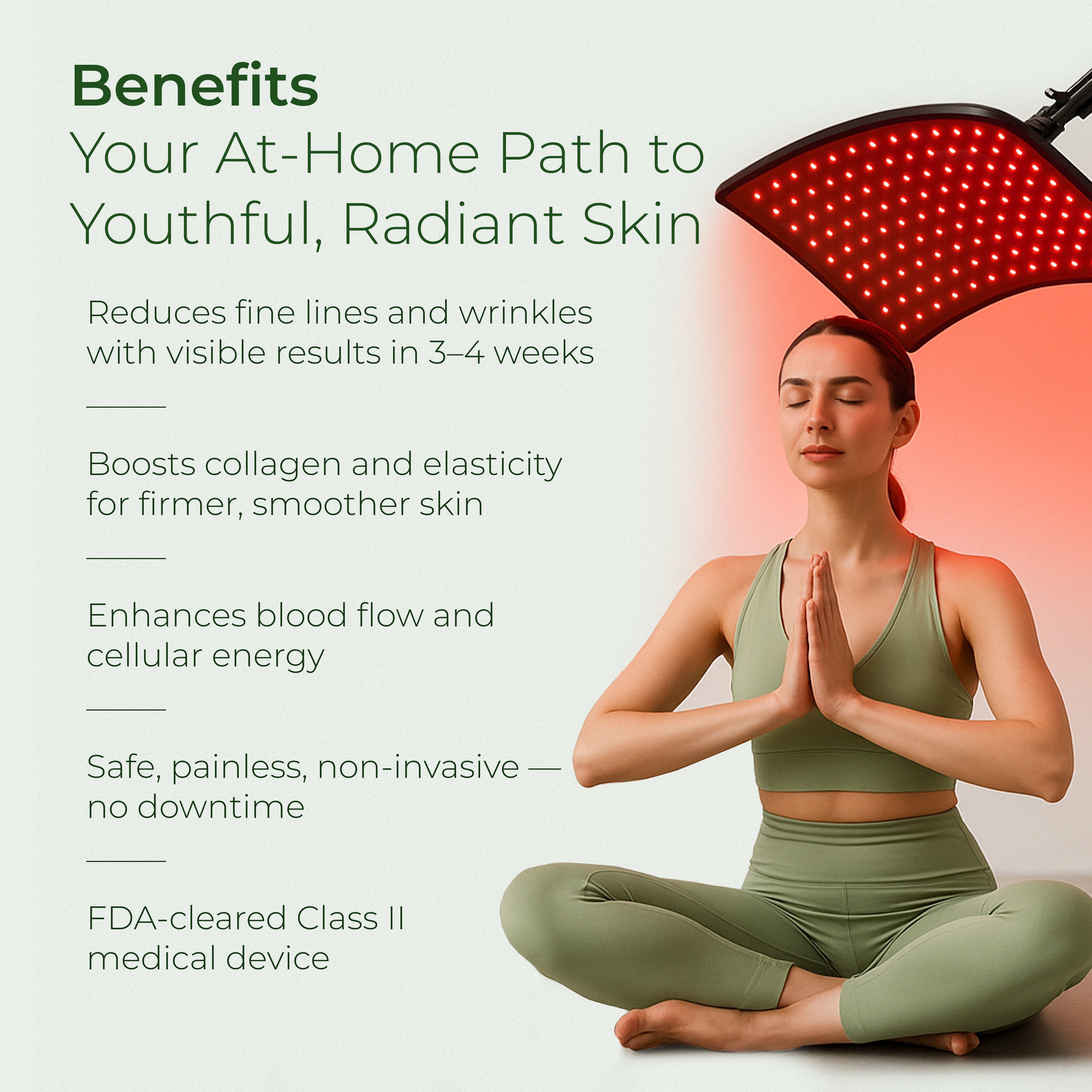
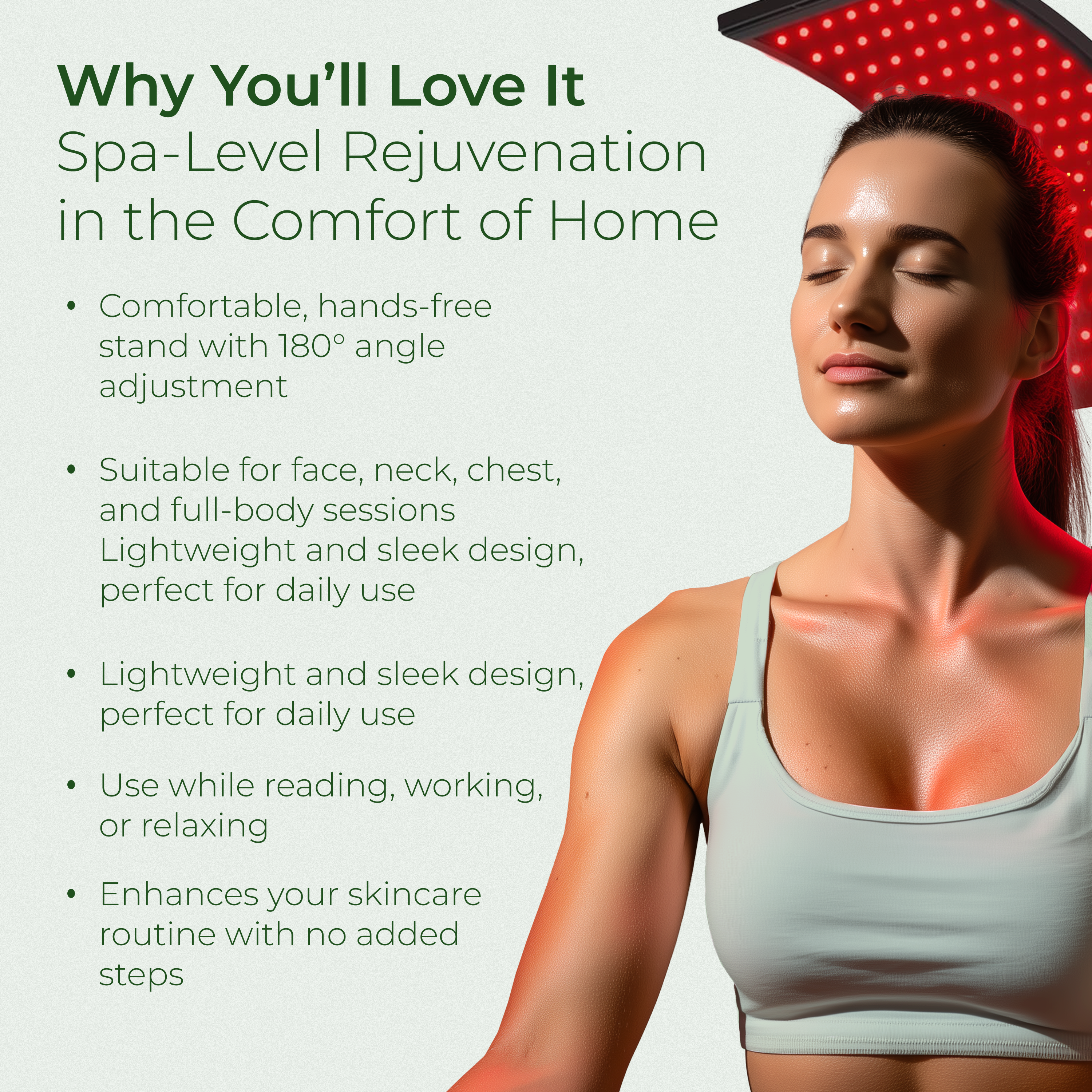
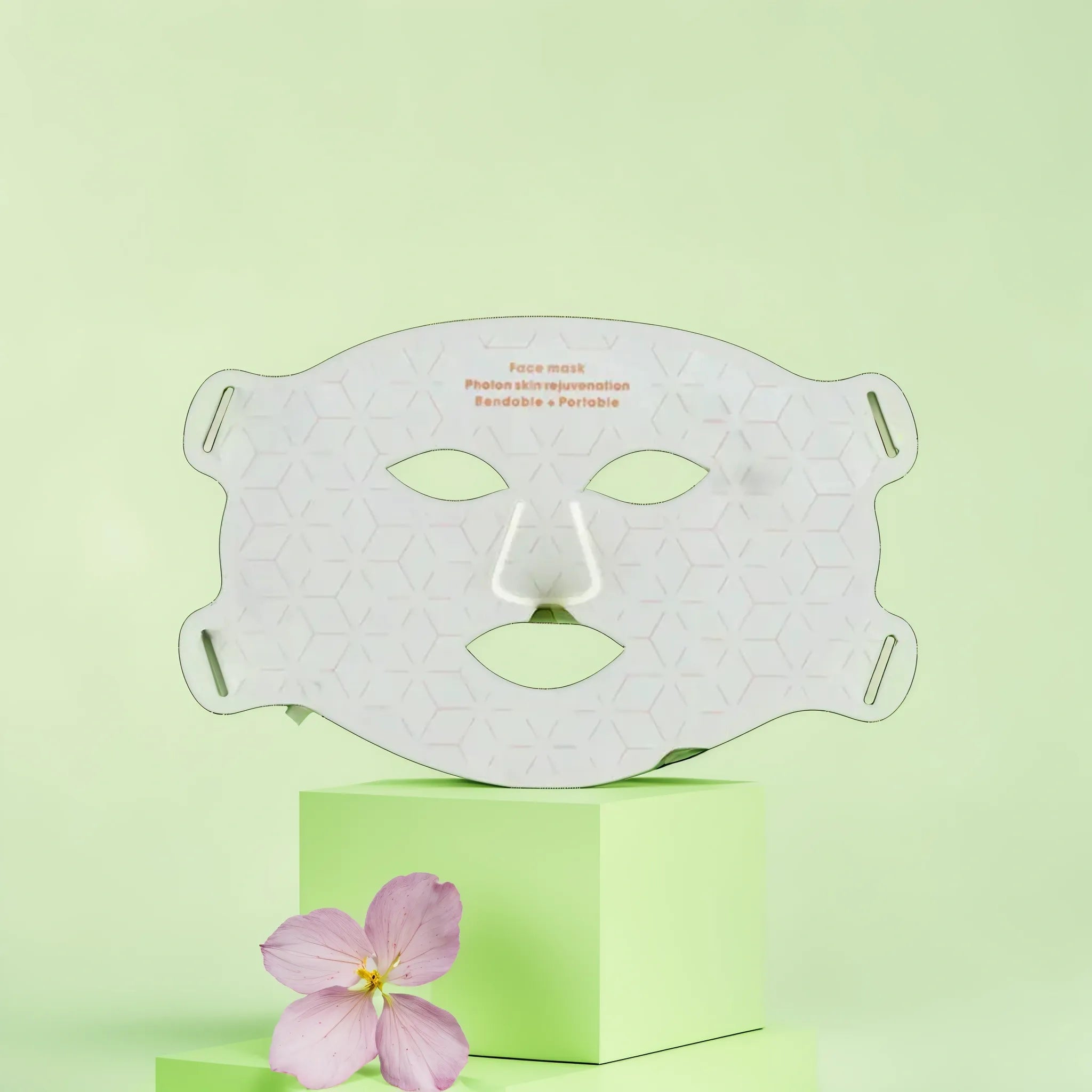
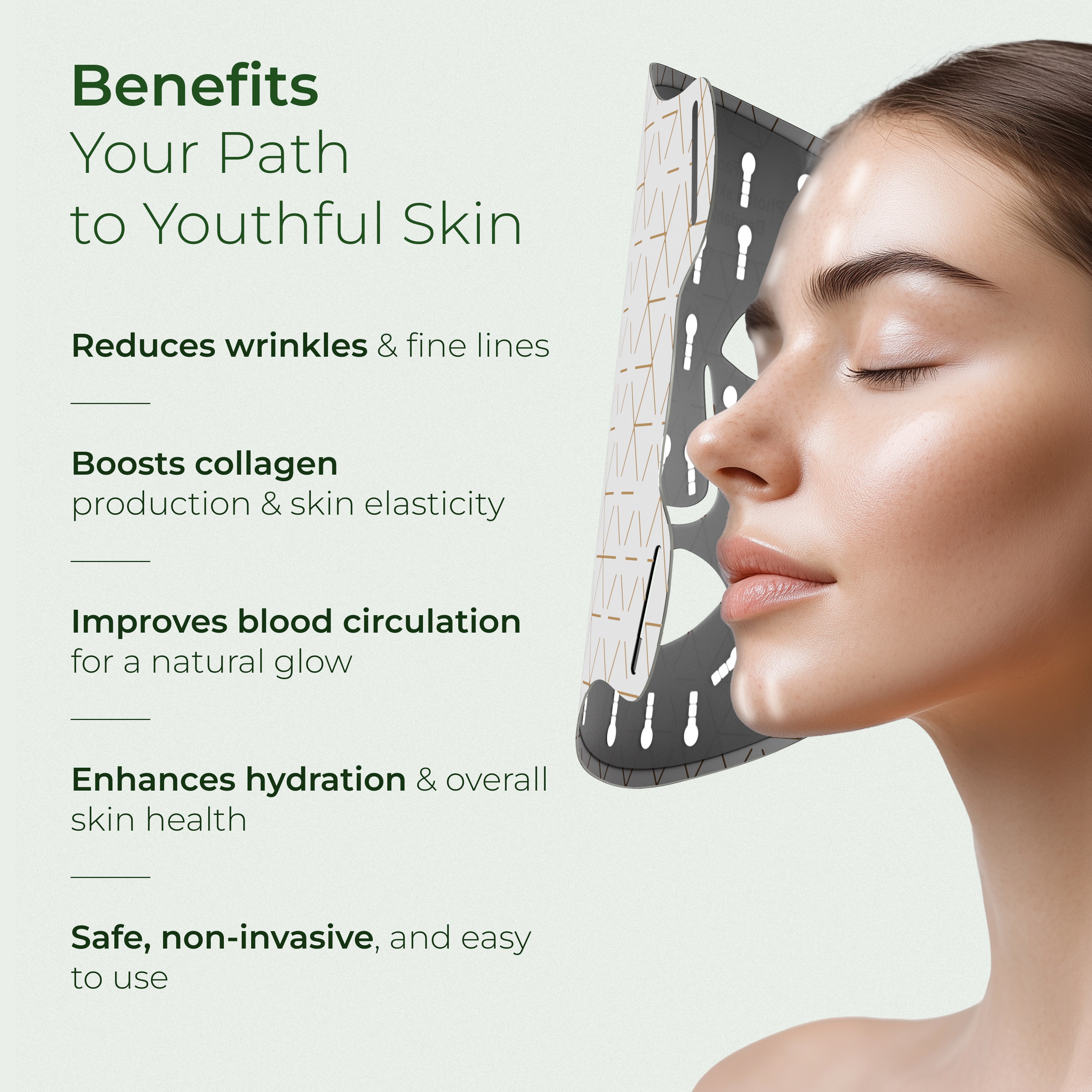



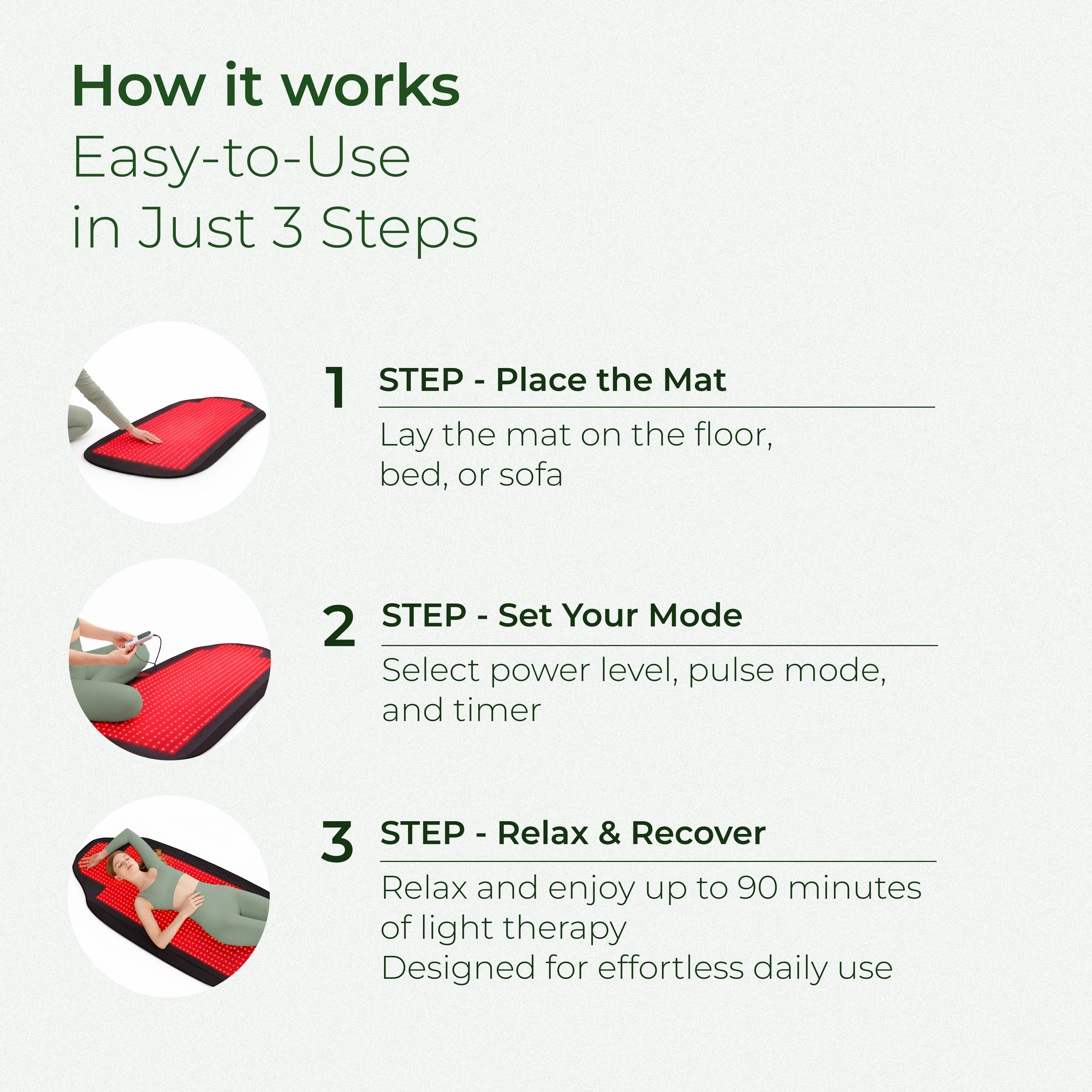
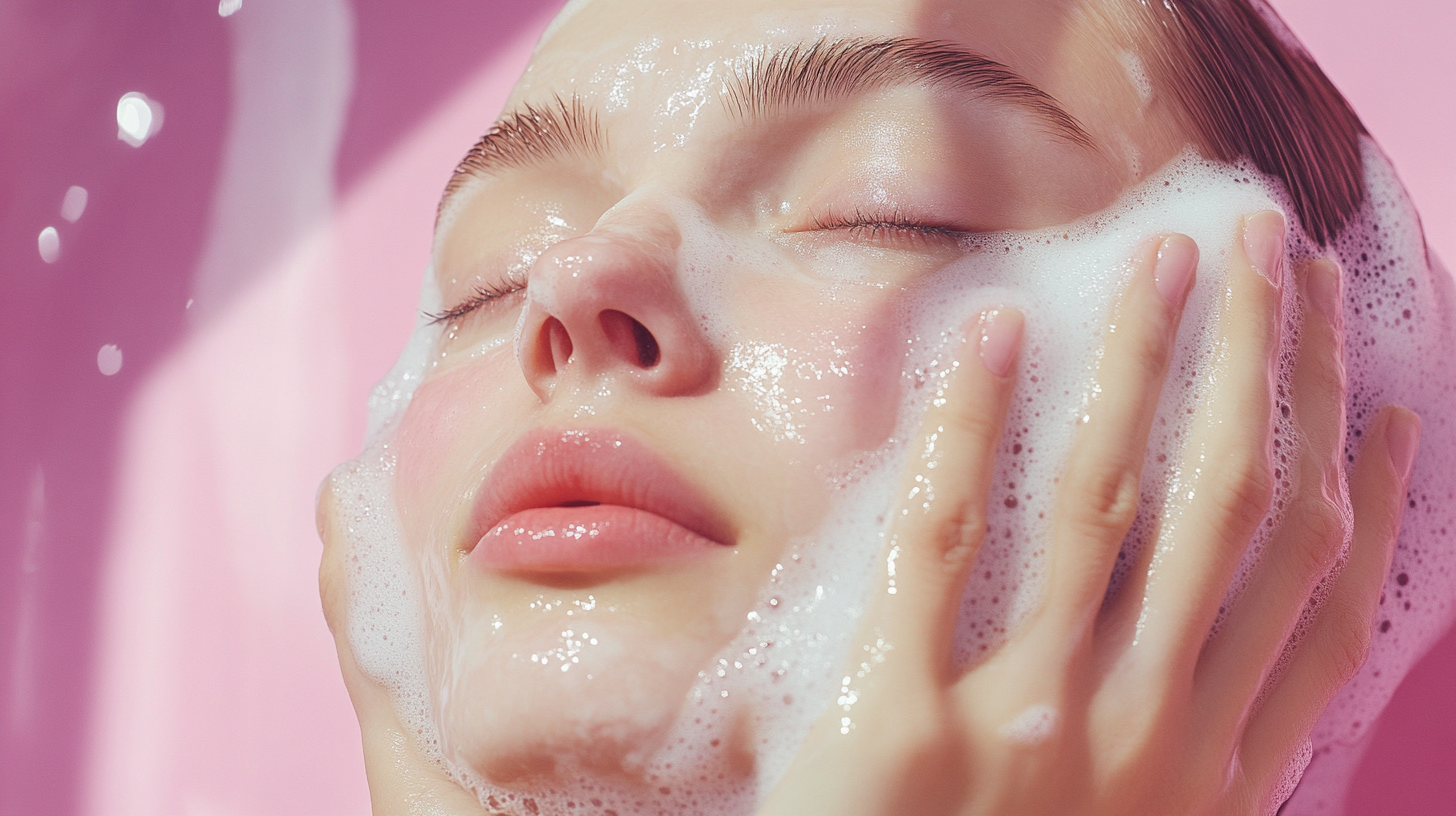
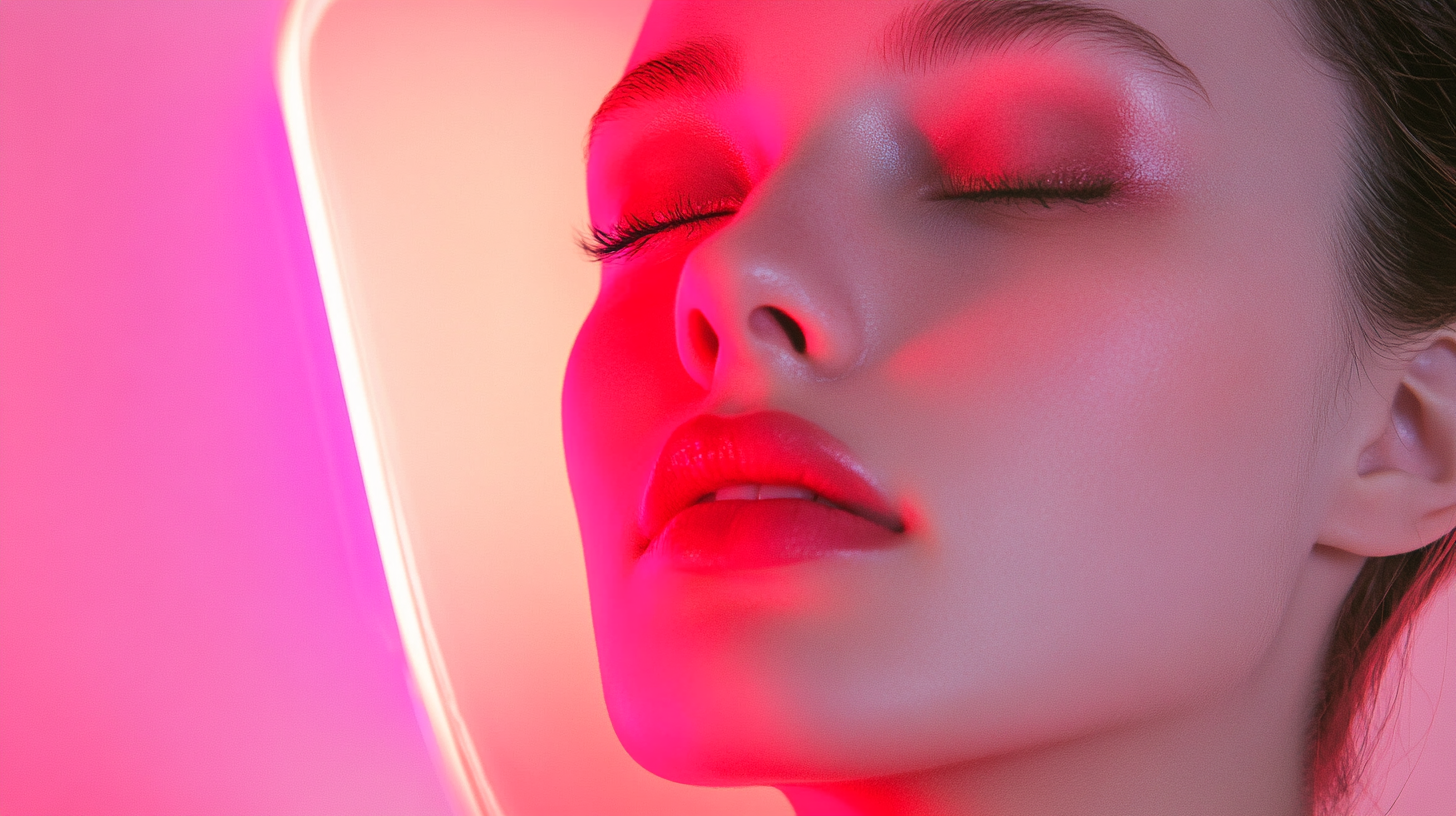
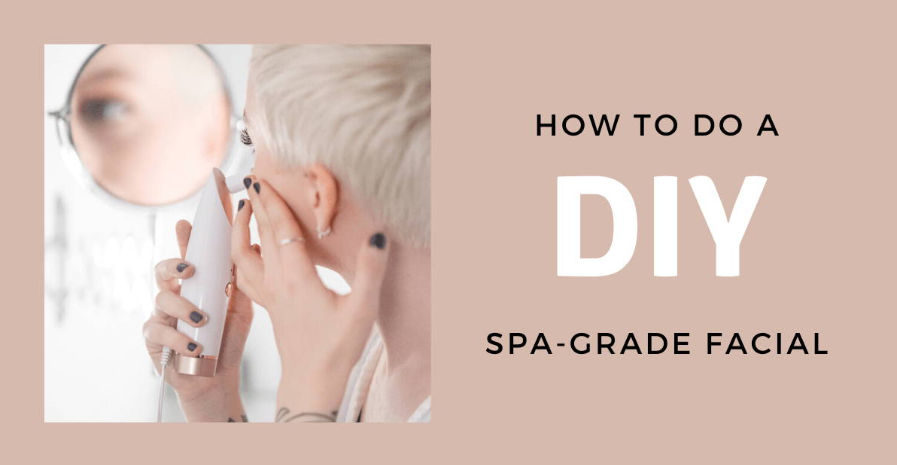
Hinterlasse einen Kommentar
Diese Website ist durch hCaptcha geschützt und es gelten die allgemeinen Geschäftsbedingungen und Datenschutzbestimmungen von hCaptcha.